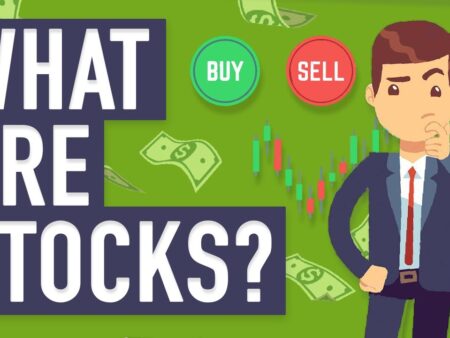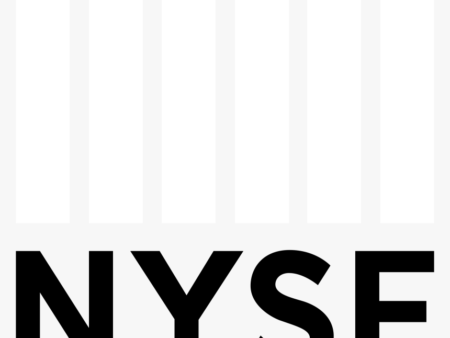Chargebacks are critical for maintaining public trust, particularly in payment transactions. It improves customer security when using debit and credit cards. Chargebacks may be applicable, particularly when dealing with online transactions.
Assume a customer can file a dispute complaint against a purchased item on the account statement or transaction reports. In that case, he or she will receive a refund to the cards. Chargebacks are the term for these returned charges. Chargebacks, on the other hand, can be a pain for merchants.
Chargeback Definition
Chargeback simply means that the bank will charge the merchant for the amount of the disputed transaction. The bank will refund the funds to cardholders without the need for merchant approval.
While a cardholder raises a disputed charge, banks review the transactions. If the dispute reason is to some extent valid, the bank credits customers’ accounts after the chargeback claim is resolved.
The merchants are responsible for paying the dispute claims. Chargebacks are initiated by cardholders and assessed by banks. As a result, a single chargeback may take several months to a year to complete.
Banks frequently file chargebacks for authorization or processing errors, but the majority of chargebacks are the result of a customer complaint. Most consumers think of a fraudulent charge that has occurred to their accounts. Customers frequently believe that they did not receive the correct product for the price. Merchants, on the other hand, refuse to work on such subjective complaints to settle disputes.
Chargeback Illustrations
Once the chargeback process begins, it goes back and forth between customers and merchants until one of the parties accepts liability or the card network determines the cause of the dispute and declares it a resolved case.
True or criminal chargebacks, friendly fraud, and merchant errors are the three types of chargebacks. Every type of chargeback can occur due to a variety of circumstances, and each one must be handled differently.
Chargebacks for true fraud

What exactly is a chargeback
- These chargebacks are unauthorized charges made by an identity thief or scammer against a card (credit). As a result, merchants are strongly advised not to dispute chargebacks in order to waste time and resources.
Chargebacks for friendly fraud
- Friendly fraud chargebacks occur when customers raise a dispute or report reasonable charges as fraudulent in order to receive a reversed payment. They may do it knowingly with criminal or malicious intent, but in many cases, they do so due to a lack of knowledge and patience. As a result, true
Merchant error chargebacks
- This chargeback occurs when a merchant makes an error while delivering the products or services. The errors include shipping or wrong products, errors in the quality of products, and others. Merchant error chargebacks can be prevented by developing better quality business operations such as helpful customer services, easily available support services, or even a proper refund policy.
Many people messed up the idea of chargebacks with refunds, but these two are very different. A cardholder contacts banks to issue or force a reversal of the transaction. On the other hand, in refunds, a customer asks the merchant first, and the latter will initiate the process.



